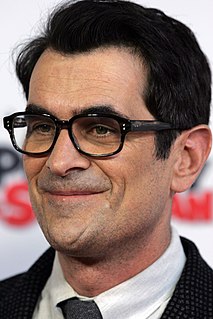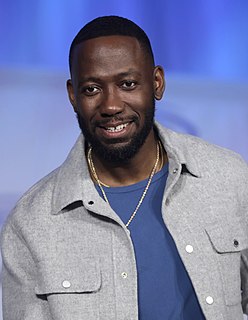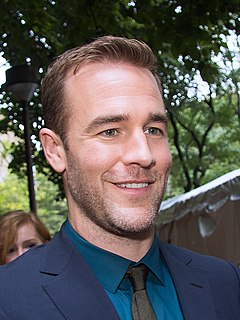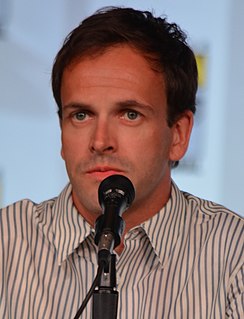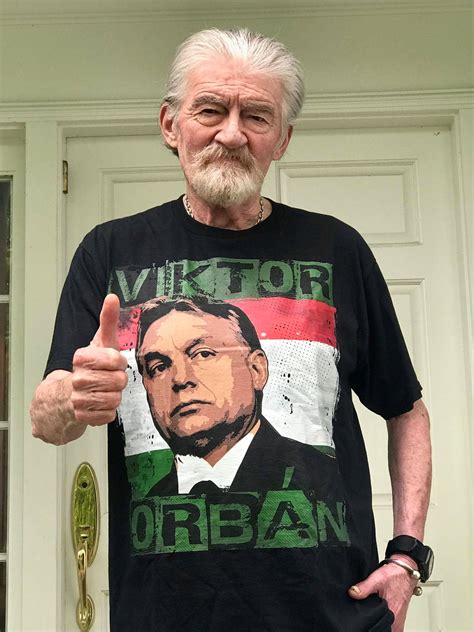A Quote by Peter Jackson
If you're a filmmaker, and every time you finish a film, you just naturally go, 'Oh, I could have done so much better,' that's not much fun, is it, really? You might as well go pick another profession if that really is how you derive satisfaction from it.
Related Quotes
Kurt Russell said another brilliant thing. He had starred in umpteen movies by that point. And he said, "Generally speaking, in every film I've done, there are only about three or four scenes that I can really do something with. For the rest of it, it's not so much that you don't have to prepare, but there's not much you can really do. You just do what is asked of you in those scenes. You don't want to do too much."
From the get-go, I was wise enough to say, 'Well, I'm playing rhythm 'cause Angus could really soar with the leads.' I used to mess around a little bit with lead at the time but not much; Angus, he was just so much better; he just went for it, and it was brilliant. My place was sitting with rhythm, and I love rhythm. I've always loved it.
I have a gut reaction to stuff that I read. Either it's a filmmaker that I really want to work with, or it's a story that I really want to be a part of and help serve, or there's a character that I feel I can bring something unique to. That's really what it's about. I would go crazy, if I just relied on the same tricks and did the same thing, all the time. It was just be no fun, at all. I really do need to try something different, every time out, and do something that scares me, a little bit.
Making Superman was so hard. We were a year over schedule. We were there a year and a half, the first time. And in a year and a half, you go through everything you go through in a life. So you can't really go, "Oh, it must have been fun to work with Chris Reeve." In a year and a half, you bonded like a family, so you know someone far too well to think something as simplistic as "Oh, it's just fun." You know their secrets. I mean, it was everything. It was truly - it's a cliché to say we were family, but we really were.
Well, I don't know anything about television. I'd never done it before. Initially, it was quite daunting to take on so much challenge and so much time with it. I think it is a great outlet for an actress because you really have 13 hours to bring a character to life, which is so much more than with film, and you have the luxury of time to tell a story and to really color a character.
I think these are such different films that it's hard to compare, because with Quentin we were all just like, it was like a party every day, you know, it was like that film was just like silly, it was just really for fun, it was really, it wasn't, you know, to make a huge impact. I t was just we wanted to have fun and go to work every day and do a fun movie. And this is like huge, I mean, this is like huge studio film, there's a ton of action, it's like really hard work.
Theater is just so much more satisfying than film or television just because you deliver the whole thing from start to finish in one evening, and you can tell if people have enjoyed it or not. That's great to do every night to go in front of a full room of people and tell the story. There's nothing like that really.
If you want a film and they don't want you, sometimes you have to go fight for it. Sometimes that ends up just being a meeting really, just sitting down with them and just saying here is my vision for it and here is why I really love it. But for the most part, I think filmmakers gravitate towards people that are excited - as excited as they are about the film and as passionate about it. So sometimes going after it isn't so much a function of auditioning as it is just sitting down with the filmmaker.
People call me a theater actor, but I'm just an actor. But I tell my friends all the time - especially a lot that do theater and haven't done a lot of TV/film - that you have so much more control over your work onstage. When you go onstage, you can really see the difference between people who can really do it, and people who are just kind of pretending to do it. There is no editor, there's nothing that's going to stop the actor from showing what they can do unless it's not a well-written role.

